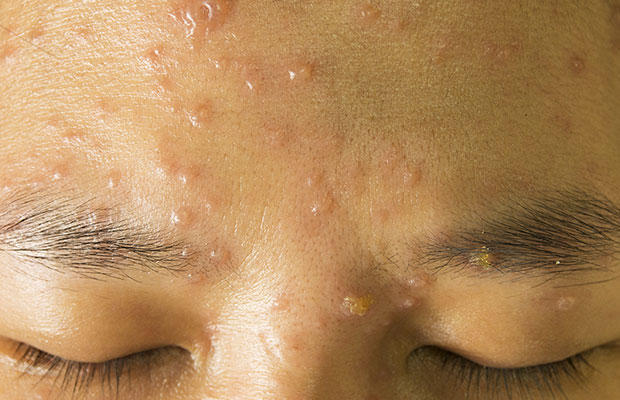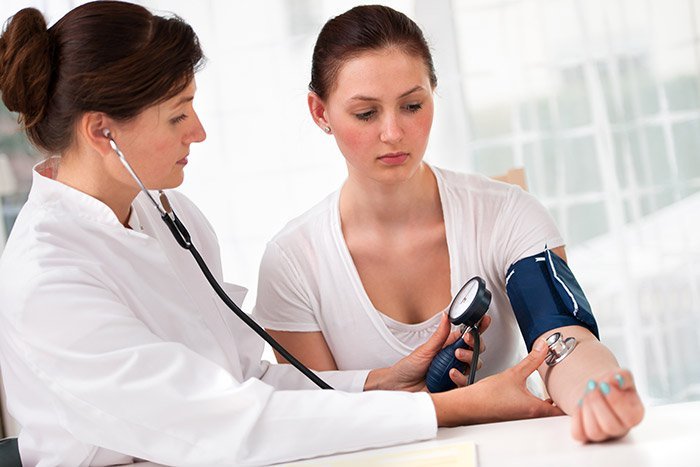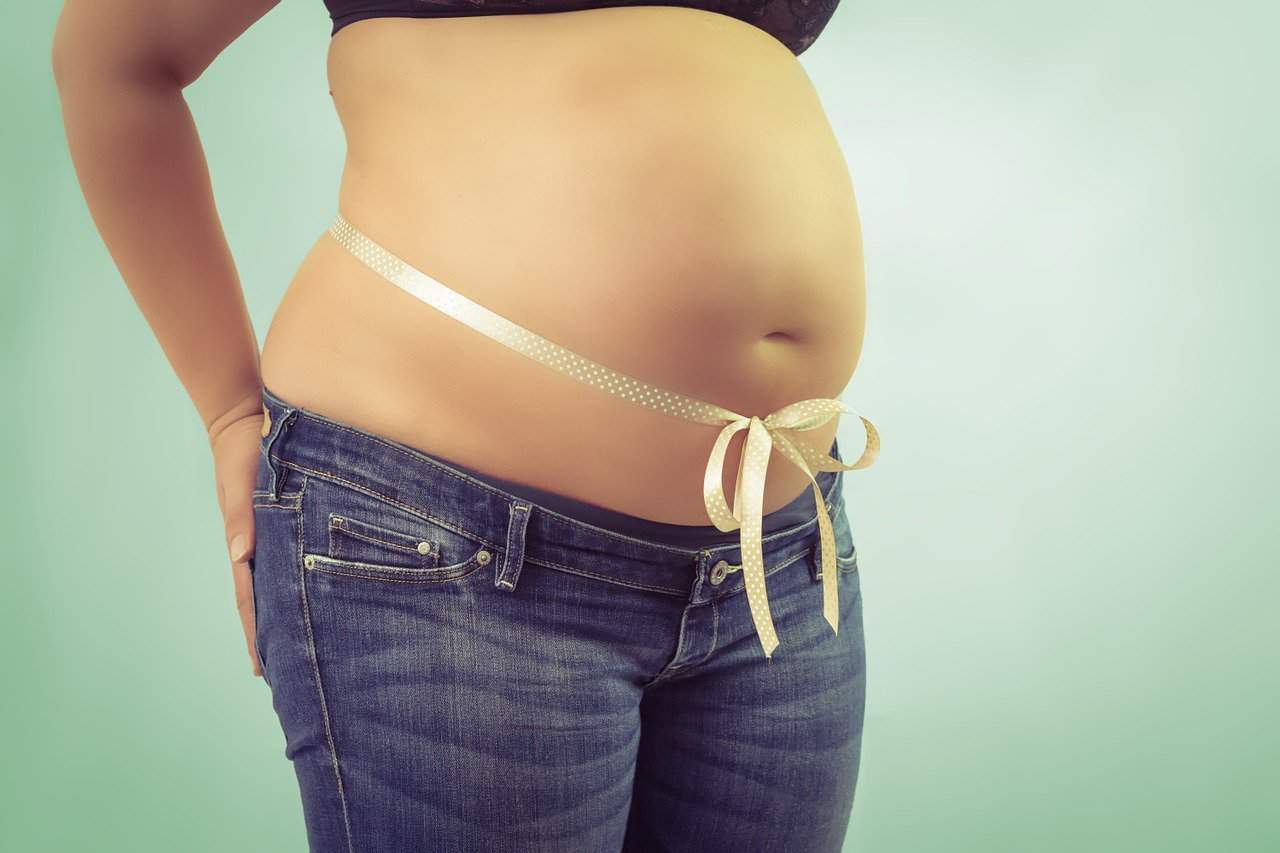Contents:
- Medical Video: Chicken Pox and Pregnancy -- What To Do If Pregnant With Chicken Pox
- Who is most at risk of developing chickenpox during pregnancy?
- What if you get chickenpox early in your pregnancy?
- What if the mother has chickenpox nearing the time of delivery?
- What should you do if you get chicken pox during pregnancy?
Medical Video: Chicken Pox and Pregnancy -- What To Do If Pregnant With Chicken Pox
Chicken pox you can experience it during pregnancy, although this is very rare. For those of you who have had chickenpox, maybe your body will be more immune to chickenpox. So, you don't need to worry. However, what if you have never been exposed to chickenpox or have chickenpox during pregnancy? Chickenpox during pregnancy can be risky for your fetus in the womb.
Who is most at risk of developing chickenpox during pregnancy?
If you have had chickenpox before, the chances of you having chickenpox again are very small because your body is immune to chickenpox. However, there are several conditions that make you not immune to chickenpox, namely:
- If you have never been infected with chickenpox, then you are at risk of contracting the chickenpox virus during pregnancy. At this time you should avoid contact with anyone who is exposed to chickenpox.
- If you are not sure you have already been exposed to or have not been exposed to chickenpox. You should consult your doctor to find out if you have antibodies to chickenpox or not.
READ ALSO: 6 Important Things You Need to Know About Smallpox Vaccine
What if you get chickenpox early in your pregnancy?
If you have never had chickenpox before and you have chickenpox during pregnancy, this can endanger you and your baby. However, this is very rare and almost impossible. If you catch chickenpox at the beginning of pregnancy (during the first or second trimester), your baby may experience congenital varicella syndrome (CVS). This risk is very high if you have chickenpox at 13-20 weeks gestation.
CVS is marked with birth defects, as is most common, scarring of the skin, defects in the legs, abnormal heads of smaller size, neurological problems (such as learning difficulties), and vision problems. Babies affected by CVS can also experience poor growth in the uterus, experience seizures, and physical and mental developmental disabilities. Chickenpox during pregnancy can also increase risk miscarriage and stillbirth (stillbirth).
To check how severe chickenpox affects the growth and development of your baby during pregnancy, you can do it ultrasound examination. Ultrasound can show whether your baby's brain and vital organs are developing well during pregnancy. However, ultrasound cannot detect all types of birth defects. You may be able to do further examinations that are more profound after ultrasound.
What if the mother has chickenpox nearing the time of delivery?
If you experience chickenpox in the third trimester (about 6-12 days before birth), your baby may have the lowest risk of experiencing the effects of chickenpox. This happens because about 5 days after you get chickenpox, your body will produce antibodies to fight viruses and the antibodies produced by your body will also flow to your baby through placenta. These antibodies will provide protection for your baby.
READ ALSO: List of Vaccinations Required Before Pregnancy
However, there is a risky time for you and your baby when exposed to chickenpox. The time between 5 days before birth and 2 days after birth is the most risky when you get chickenpox. Your baby can also get the chickenpox virus and not have time to receive antibodies from you. So, at this time your baby can experience a high risk of developing neonatal varicella or chickenpox in newborns. This disease can be serious and can even threaten your baby's life.
However, your baby's risk of developing neonatal varicella can be reduced if the baby immediately gets an injection of varicella zoster immune globulin (VZIG), which contains chickenpox antibodies to increase your baby's immunity to chickenpox. VZIG injections can be given immediately after the baby is born or as soon as you see a rash on the baby's skin within two days after birth. VZIG injections can also be given to each newborn before the age of 28 weeks and for all premature babies after 28 weeks are born to mothers who are not immune to chickenpox.
What should you do if you get chicken pox during pregnancy?
Previously, you should know whether you have had chickenpox before or never at all. If you have had chickenpox, it means that your body is more immune to the chickenpox virus so you don't need to worry anymore. In general, it is very rare for people to get chickenpox twice. However, if you have never had chickenpox or are not sure if you have had chickenpox, you should contact your doctor immediately. The doctor will do a blood test to check your immunity to chickenpox.
If the test results show that you are not immune, your doctor may give you a VZIG injection to reduce your risk of serious infections and complications. However, these injections cannot prevent infection in your fetus. This protective injection can work on your body for about 3 weeks, so if you are still having chickenpox more than 3 weeks after the injection, you may need to get this injection again.
To avoid chickenpox during pregnancy, you should do a blood test before pregnancy to check whether your body is immune to the chickenpox virus or not. If not, you can get a vaccine against chickenpox virus before pregnancy. Chickenpox vaccine cannot be given when you are pregnant because it can harm the fetus in your womb.
READ ALSO: Foods to Avoid When Children Have Chicken Pox












